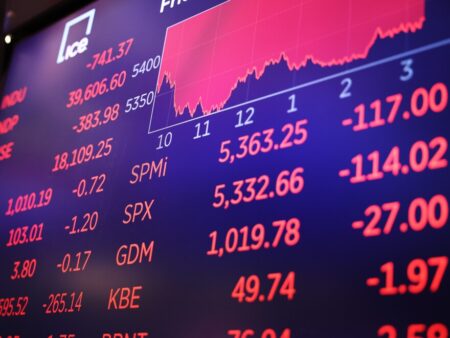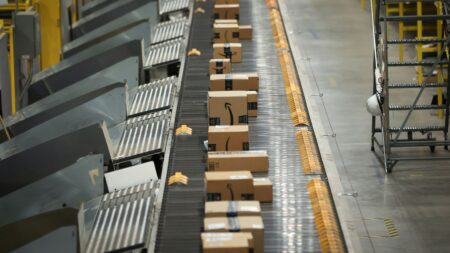The UK economy had one of the slowest rates of growth among the G20 in the second quarter of 2017. The country’s GDP grew at 0.3 per cent, compared to 0.2 per cent in the first quarter.
However, It is an improvement on the first quarter of 2017, when the UK’s economic growth put it at the bottom of the G7 table. Year-on-year growth was up 1.7 per cent.
Experts believe that the effects of the Brexit vote and the referendum have yielded the economic strength that the UK normally has to offer. Amidst the uncertainty of the Brexit divorce and the added uncertainty surrounding the negotiations has slowed down the economy down.
Foreign Investment has fallen and will remain low until the Brexit negotiations are concluded. The weakness of the pound has also contributed to the poor results suffered by the UK in 2017.
The results of the UK’s comparatively slow growth came as the Bank of England decided to keep its interest rates at a record low of 0.25 per cent, during the September meeting of its Monetary Policy Committee. However they did hint at a potential rise in rates in the coming quarter.
Growth in the United States grew from 0.3 per cent to 0.8 per cent but weakened in Germany to 0.6 per cent from 0.7 per cent.





